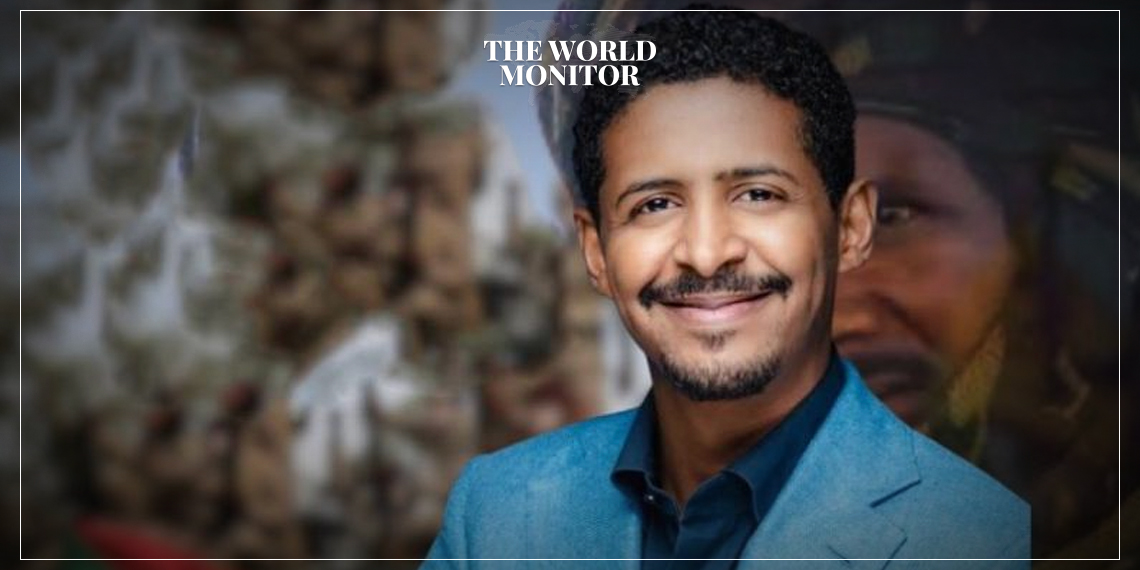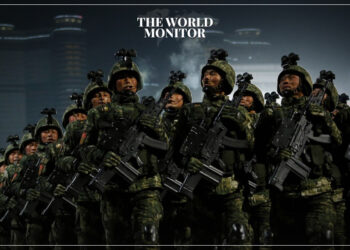The United States has imposed sanctions on Al-Qouni Hamdan Dagalo, the brother of Mohamed Hamdan Dagalo (Hemetti), leader of the Rapid Support Forces (RSF) in Sudan, for his role in supplying weapons to the country amid ongoing conflict.
The US Treasury Department stated on Tuesday that its Office of Foreign Assets Control (OFAC) sanctioned Al-Qouni Hamdan Dagalo under Executive Order 14098 for his involvement in procuring weapons to sustain the war in Sudan.
The State Department added that Al-Qouni was responsible for purchasing arms and military equipment, enabling the RSF’s continued operations, including its assault on El Fasher, the capital of North Darfur.
Matthew Miller, spokesperson for the US State Department, noted that Al-Qouni’s actions have fueled the war and contributed to atrocities committed by the RSF, including war crimes, crimes against humanity, and ethnic cleansing.
The statement further detailed how the RSF and allied militias have been involved in atrocities, including sexual violence and ethnically targeted attacks, despite warnings from the US and other international partners.
The conflict between Sudan’s Armed Forces and the RSF has resulted in significant devastation, with tens of thousands killed and over 11 million displaced, both internally and abroad.
The US emphasized that the sanctions are part of its ongoing efforts to hold those accountable for perpetuating the conflict and to support peace in the region.
Al-Qouni is a key figure in the RSF, serving as its head of procurement and previously acting as a personal secretary to his brother, Hemetti.
The US Treasury highlighted that Al-Qouni controlled several front companies on behalf of the RSF, including Tradive General Trading, which imported vehicles into Sudan for the paramilitary group.
Under Executive Order 14098, Al-Qouni was sanctioned as a foreign person involved in activities that threaten the peace, security, or stability of Sudan.
As a result, all properties and interests in properties belonging to those under U.S. sanctions are frozen, and any entities in which a sanctioned individual owns a 50% or greater stake are also subject to restrictions.
US citizens are prohibited from engaging in transactions involving the assets or interests of sanctioned individuals.






